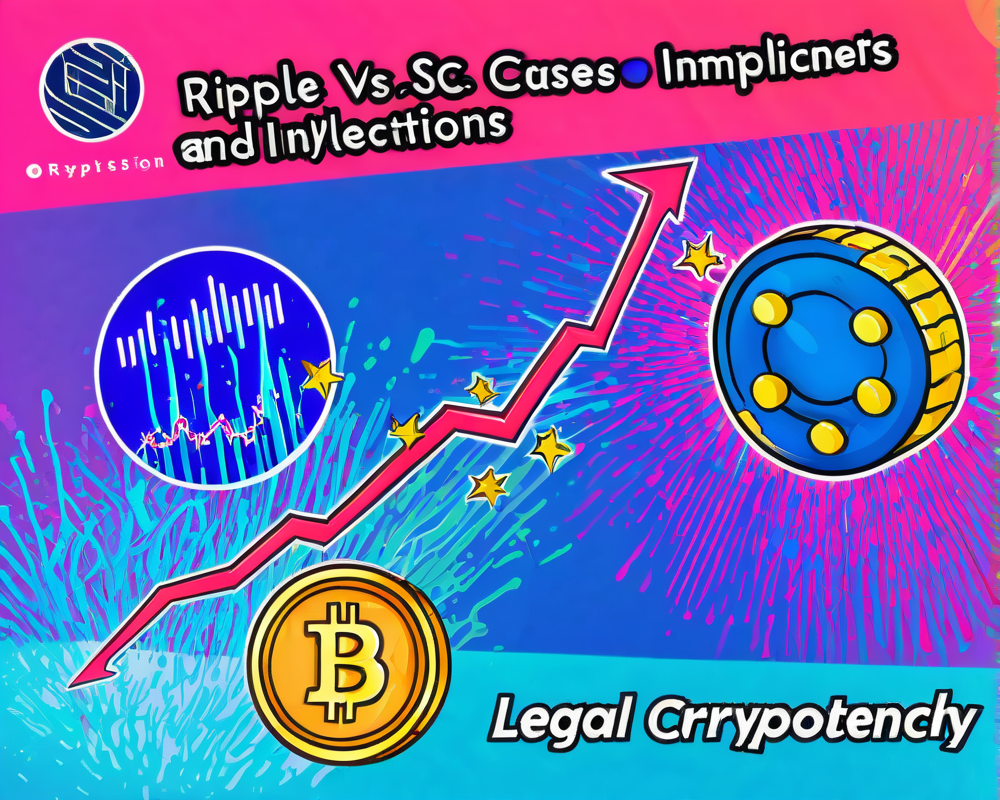John Deaton’s Perspective on the Ripple Case
Prominent cryptocurrency attorney John Deaton has made waves in discussions regarding the ongoing legal tussle between the United States Securities and Exchange Commission (SEC) and Ripple Labs. He argues that a potential settlement of $20 million or below would represent a remarkable win for Ripple. This assertion is gaining traction, particularly amid growing frustrations within the crypto community regarding regulatory overreach.
A Shifting Legal Landscape
In a spirited post on X (formerly known as Twitter), Deaton dismissed the notion that the outcome of this lawsuit tilts evenly at 50/50 between the SEC and Ripple. He insists that, if anything, the scales tip close to a 90/10 advantage for Ripple. His comments came in response to a post from Stuart Alderoty, Ripple’s chief legal officer, highlighting yet another setback for the SEC.
The Community’s Reaction
Deaton’s stance mirrors the sentiment echoing in the cryptocurrency community, where the consensus views a $20 million settlement as a favorable compromise. This reflects a broader optimism regarding Ripple’s long-term place in the market amidst evolving regulatory frameworks concerning digital currencies.
Recent Legal Developments
Adding to the narrative, Alderoty referenced the recent ruling by the U.S. Court of Appeals for the Second Circuit in the SEC vs. Govil case, which determined that the SEC cannot demand a hefty disgorgement award without proving actual financial harm to investors. This important legal precedent suggests that, if no harm was done, then penalties become problematic, potentially setting a critical bar for future actions taken by the SEC.
Tracing Back the Lawsuit
Let’s rewind a bit. In December 2020, the SEC launched legal action against Ripple Labs, accusing the company of executing an unregistered securities offering by selling XRP, its cryptocurrency. A significant turn of events occurred when Judge Analisa Torres ruled that XRP, when traded on the secondary market, is not classified as a security. The case has since been significantly altered, with many of the initial allegations against Ripple executives being lessened.
The Next Steps and Ongoing Implications
Recently, Judge Torres has greenlit an order concerning a joint request by both Ripple and the SEC. This order pertains to a revised briefing schedule concerning the institutional sale of XRP—a facet of the lawsuit where Ripple was found to breach securities laws. The court has instructed the involved parties to come up with a proposed briefing schedule by November 9.




